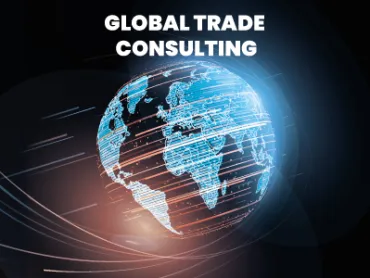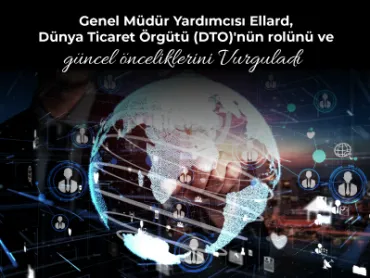
Cheaper cross-border payment services will benefit all people and economies globally.
Faster, cheaper, and more transparent cross-border payment services can improve many lives by supporting economic growth, international trade, global development, and financial inclusion.
This is because financial interconnections between countries, particularly between emerging markets and developing economies, face several challenges that need to be addressed, including high costs and inconsistent fees indexed to the countries connected, according to the new report prepared as part of the G20 and payment work.
According to the World Bank's Global Remittance Prices database, the global average cost of sending $200 from one country to another was about $12.50, or 6.25 percent, in the first quarter of 2023. The G20, therefore, reaffirmed the United Nations Sustainable Development Goal, setting a target that by 2030, the global average cost of sending a $200 remittance should be no more than 3 percent, with no corridor exceeding 5 percent.
But as the weekly graph shows, some costs are many times higher than this target. For example, fees for funds sent from Türkiye to neighboring Bulgaria exceed 50 percent. Remittances from Tanzania to Uganda and Kenya incur fees of over 30 percent, while the costs of sending money in sub-Saharan Africa are also very high. In Southern Africa, sending cash across Botswana, Eswatini, and Lesotho borders is costly.
Click to see the chart
High fees, especially for bank-to-bank transfers, impose high costs on corridors between emerging markets and developing economies. Such bank fees tend to be much lower for transfers originating in advanced economies, where foreign exchange margins can be 50 percent or more of the cost in some corridors.
In a recent report, the Financial Stability Board acknowledged that progress will need to be made under the roadmap for improving cross-border payments to achieve the targets set in the wholesale, retail, and remittance market segments.
To help reduce costs and address challenges related to cross-border payments, international organizations such as the IMF and the World Bank will need to play a vital role by sharing best practices through technical assistance to member countries. Technical assistance can be beneficial because while objectives are set globally, coordinated and customized assistance at the country level is needed to address specific challenges.
The IMF shares its knowledge with government institutions such as finance ministries and central banks through practical advice, training, and peer-to-peer learning. Technical assistance is part of capacity building, a core task for about one-third of the IMF's budget.
IMF, "In the coming years, we will focus on improving access to payment systems, extending and harmonizing working hours, interconnecting payment systems, combating money laundering and terrorist financing, and harmonizing payment systems by adopting the global and open standard for financial information exchange known as ISO 20022. We will cooperate with the World Bank at the country and project level." stated.
 Back
Back







